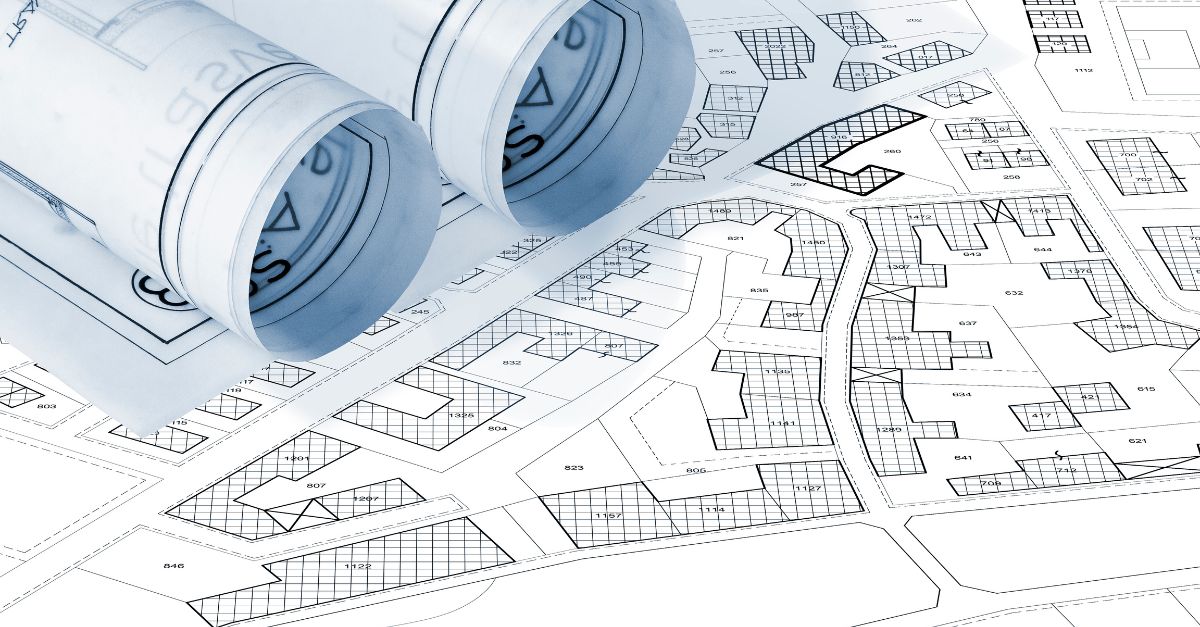Adverse possession might seem like a complicated legal term, but it becomes very real when it impacts your property. Whether you’re a landowner dealing with someone encroaching on your land or an individual who believes you’ve established rights to property you’ve occupied for years, it’s important to understand how adverse possession works in North Carolina.
In this post, we’ll explain what adverse possession is, why it matters, and what both property owners and claimants need to know when navigating a legal dispute.
What Is Adverse Possession?
Adverse possession is a legal principle that allows someone to become the rightful owner of land they’ve used or occupied—without the legal owner’s permission—if specific requirements are met.
In North Carolina, a person may claim ownership of property through adverse possession if they can prove the following five elements:
- Actual Possession – They must be physically present on the property, using it as an owner would.
- Open and Notorious Use – Their use must be visible and obvious to others, not done in secret.
- Exclusive Possession – They must use the land without sharing it with others, including the legal owner.
- Continuous and Uninterrupted Possession – The occupation must be consistent and ongoing for at least 20 years.
- Hostile Possession – The use must occur without the true owner’s consent.
When these conditions are met and maintained over the legally required period, the individual may file a lawsuit to formally obtain title to the property.
Why Might Someone Claim Adverse Possession in North Carolina?
Adverse possession isn’t always about trying to take land unlawfully. Often, it stems from honest mistakes, unclear boundaries, or long-neglected property. Many claims arise from everyday situations where people unknowingly use or maintain land they don’t legally own.
Here are a few common examples:
- A neighbor builds a shed, fence, or driveway that extends onto your property and continues using it for years without challenge.
- Someone purchases land but, due to an error in the deed or survey, ends up occupying a portion that technically belongs to someone else.
- A person maintains a vacant or seemingly abandoned property—mowing the lawn, paying property taxes, and acting as the owner—for many years.
Sometimes, the person occupying the land genuinely believes they have legal ownership. In these cases, North Carolina allows for a “color of title” claim, which reduces the required possession period from 20 years to just 7 years—if the claimant has a deed or document that appears to grant ownership, even if it’s later found invalid.
How to Defend Against an Adverse Possession Claim
If someone is trying to claim ownership of your land through adverse possession, it’s important to respond quickly and strategically. Here’s how to protect your property rights:
1. Speak with an Experienced Real Estate Attorney
Adverse possession cases are legally intricate and fact-specific. A skilled real estate attorney can assess title records, surveys, and historical use of the land to build a strong defense on your behalf.
2. Collect Evidence That Supports Your Ownership
Gather any documentation showing your legal ownership and use of the property—such as deeds, tax payment history, surveys, photographs, and statements from witnesses. These can help demonstrate that you’ve retained control and interest in the land.
3. Dispute the Legal Requirements of Their Claim
To succeed, the claimant must meet specific legal standards. If their use wasn’t exclusive, continuous, or was done with your permission, you may be able to disprove their case. For instance, if you allowed them to use the land temporarily or casually, their occupation wouldn’t count as “hostile.”
4. Act Promptly to Reassert Your Rights
Once you become aware that someone is using your property, take immediate steps—such as delivering a written notice, requesting they vacate the land, or filing a lawsuit if necessary. These actions disrupt the continuity required for an adverse possession claim to succeed.
Acting early and consulting a knowledgeable attorney can make all the difference in preserving your property rights.
When to Bring in a Lawyer
Whether you’re protecting your land or trying to claim property through adverse possession, having an experienced attorney on your side is crucial. These cases frequently involve:
- Disputes over boundary lines
- Conflicting or outdated deeds
- Unlocated or deceased property owners
- Survey mistakes or physical encroachments
An experienced real estate lawyer can help you navigate the complexities of title history, gather the right evidence, and represent your interests in court if needed.
Final Thoughts
Adverse possession in North Carolina isn’t a shortcut to claim someone else’s land—it’s a legal process with strict requirements that acknowledges long-term, unopposed use of property. Still, your property rights are too important to leave vulnerable.
If you’re facing a dispute or believe you may have an adverse possession claim, don’t wait. Contact our team at Anderson Legal. We’re here to help you defend what’s yours—or pursue what you’ve lawfully earned.
Nothing on this website or this blog should be considered legal advice. Anderson Legal does not represent you and no client-attorney relationship is formed until you have completed our client intake process.

